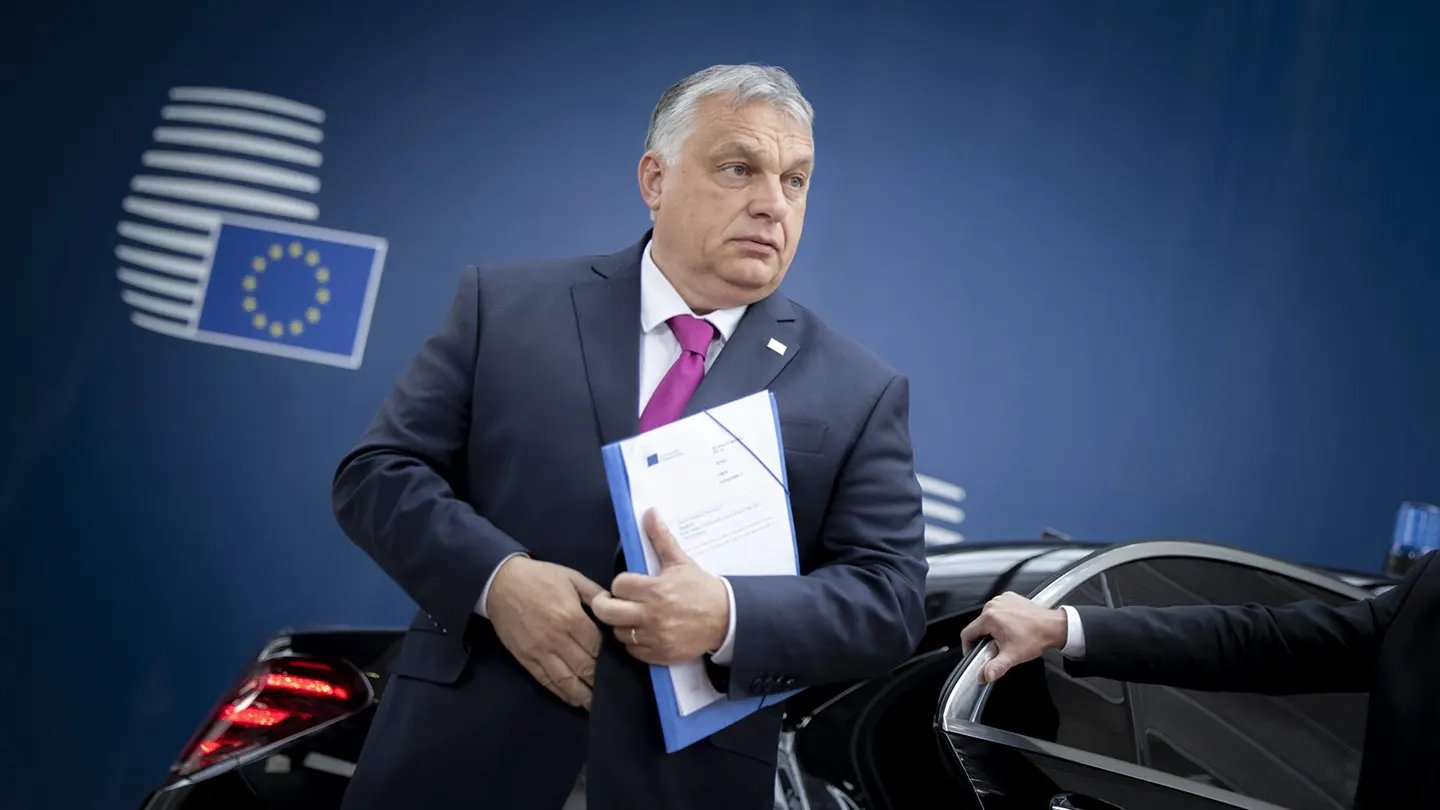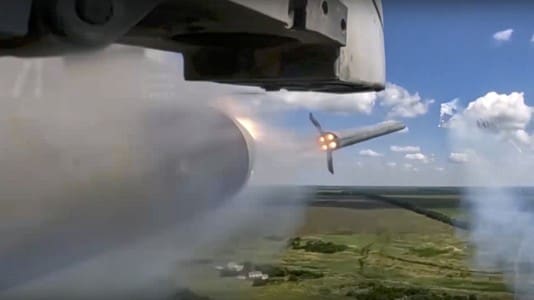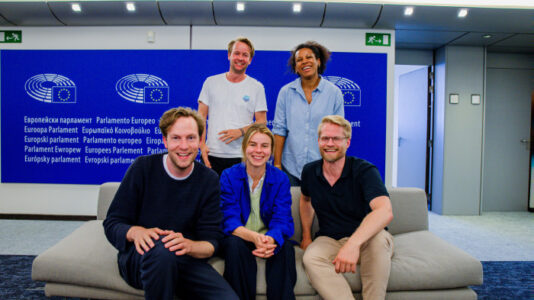The European Union has once again failed to reach a unanimous agreement on military and financial aid for Ukraine after Hungarian Prime Minister Viktor Orbán rejected a European Council motion on Thursday. The move has deepened divisions within the bloc as it grapples with its response to the ongoing conflict between Ukraine and Russia.
The summit of European leaders, convened to address the bloc’s next steps following the withdrawal of U.S. military assistance under President Donald Trump’s administration, saw Orbán stand alone from the other 26 EU leaders.
Speaking to reporters, Orbán reiterated Hungary’s stance against continued military support for Ukraine, stating, “Hungary remained on the side of peace in a room of leaders intent on war.”
In a post on X following the summit, Orbán wrote, “The others argued that Ukraine had to continue the war, but Hungary remained on the side of peace. We said that it was not the war to be continued, but that the President of the United States should be supported with the greatest power and energy as possible in the success of his peace talks.”
The Hungarian leader also cast doubt on the feasibility of continued European financial assistance to Ukraine, stating that the amounts required to sustain Ukraine’s government and military were “beyond what the EU economy can bear.”
“We have to spend a lot of money on ourselves to strengthen our own armies,” Orbán said, suggesting that European nations should prioritize domestic defense rather than supporting Ukraine’s military operations.
Beyond military aid, the future of Ukraine’s integration into the EU remains a contentious issue. Orbán announced that Hungary would hold a national consultation to allow citizens to express their views on Ukraine’s potential EU membership. “I do not want to make a decision over people’s heads,” he said, pledging to conduct the consultation quickly.
Meanwhile, French President Emmanuel Macron confirmed that exploratory talks will begin next Tuesday in Paris regarding the potential deployment of European peacekeeping forces in Ukraine once a peace deal is reached.
Speaking at a press conference, Macron stated that the talks, which will involve European military chiefs, will explore “a whole range of options” and will be held in “close coordination” with NATO.
However, the idea of peacekeeping troops on the ground has sparked division among EU leaders. Several member states, including Hungary, Slovakia, Ireland, and Italy, have explicitly ruled out sending their own military personnel to Ukraine.
Adding to the complexity, Italian Prime Minister Giorgia Meloni suggested an alternative approach — extending NATO’s Article 5 collective defense protections to Ukraine without granting full membership. The proposal is expected to face resistance from the United States, which is seeking to maintain diplomatic channels with Russia.
Washington’s lukewarm attitude towards European leaders’ “comprehensive peace plan” — backed by Ukrainian President Volodymyr Zelensky who is against an immediate ceasefire without firm assurances — has seen the U.S. draw back on its support for Kyiv and called into question its commitment to defending Europe.
While some leaders, including Macron, have appeared nonchalant in their response to American antipathy, others acknowledged the dangers of an absence in U.S. support.
“Europe is weak without the United States,” Bulgarian Prime Minister Rosen Zhelyazkov told reporters in Brussels on Thursday, adding that he hoped “the U.S. remains committed to our collective security, which is based on shared values.”






